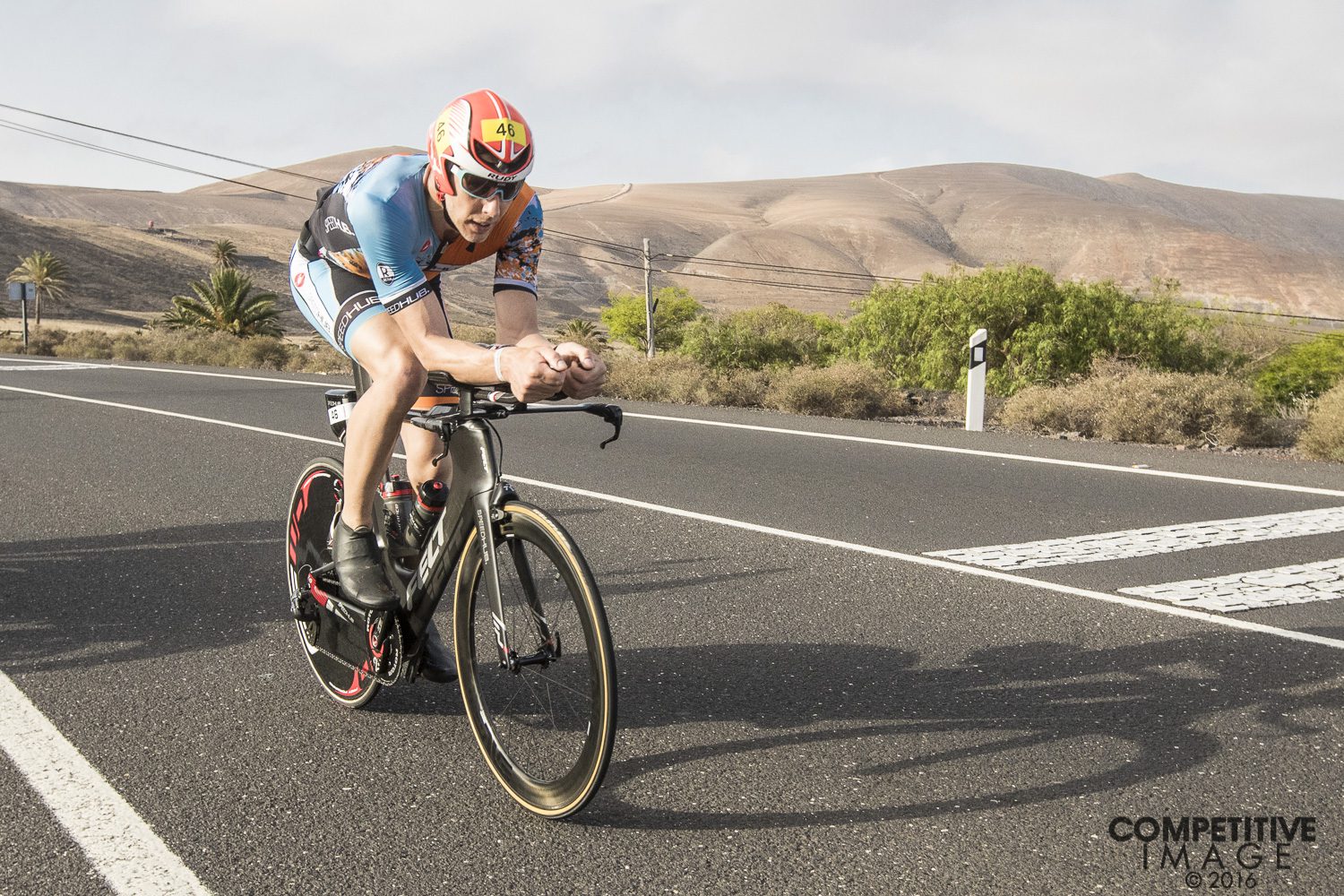Tips from the coach: Building confidence

As triathletes, we love our sport because of the challenge. Regardless of the distance, and regardless of your ability level, you always have the opportunity to test your limits. Many people, when faced with a challenge, tend to start thinking about all the things that could go wrong and fear of failure can really start to creep in. What happens if I cant make it? What happens if I don’t swim fast enough? Did I do the right training?
A common phrase you have probably heard is “be more confident.” Most of us can agree it’s not as simple as that, so as a coach I have some tips for my athletes to gain confidence.
Short term confidence boosters
There are a few tricks that are proven to give short term confidence boosts. Before a hard workout, put on some music with deep bass and try to picture your success first. Sit for a couple minutes and just think about what it’s going to take to complete this hard task. Once you can actually imagine yourself doing it, you can then start to believe you can achieve it. Once the belief is there, you’ll be much more willing to push harder and embrace the pain to ensure that you complete it to the very best of your ability.
Be grateful and have a purpose
“At the end of the day, let there be no excuses, no explanations, and no regrets” – Steve Maraboli
When you are faced with a task that you aren’t sure that you can handle, remember there are people who wish they had your dedication and willingness to improve. You are inspiring others who don’t get to test their limits on a daily basis like you do. Do it for the people that look up to you, and be thankful that you get to do what you love.
Believe that you WILL get stronger
“The biggest objective is to get better, winning is great – we all want to win, but winning takes care of itself if we keep improving” –Craig Manning, The Fearless Mind.
If you are seeking long term improvement, consider the way you think about your abilities and talents as an athlete. Do you believe that they are fixed at birth? Or do you believe those talents are developed? Your belief system here matters because it will greatly impact the way you deal with plateaus and regression in your training.
If you believe your abilities are locked in place, you might give up once you start to see a pause in your progression. If you have a growth mindset, you look at a setback as an opportunity to learn more and grow more. A true master of his craft expects setbacks and plateaus and doesn’t stress over it — he embraces it.
Neuroscience supports the growth mindset. Research shows that the connections in your brain do get stronger and grow through practicing your craft. People with a growth mindset become stronger, whereas people with a fixed mindset let setbacks control them.
Embrace set backs and even failure
“You have to try and fail, because failure gets you closer to what you’re good at”. – Louis CK
Learn to expect and desire failure. Teach yourself to look at failure as an opportunity to learn and grow. Every successful athlete has failed countless times before reaching the top. The difference between them, and someone that isn’t successful is their response when faced with setbacks.
Studies show people that have failed repeatedly, but continue to try to get better anyway, are better equipped to deal with setbacks. They have learned to embrace failure. They learn to try different approaches, ask others for advice, and thrive.
So before tomorrow’s big workout or before your next race, sit back and think about the challenge you are about to tackle. Realize that it’s not going to be easy, accept that you are going to make mistakes and look at it as opportunity to grow for next time. Put on some big headphones, give yourself a big pep talk, and just go for it. Think about how awesome it is to know that whatever the result is, you will walk away with a better understanding of yourself, your abilities and how to make yourself better for next time.
